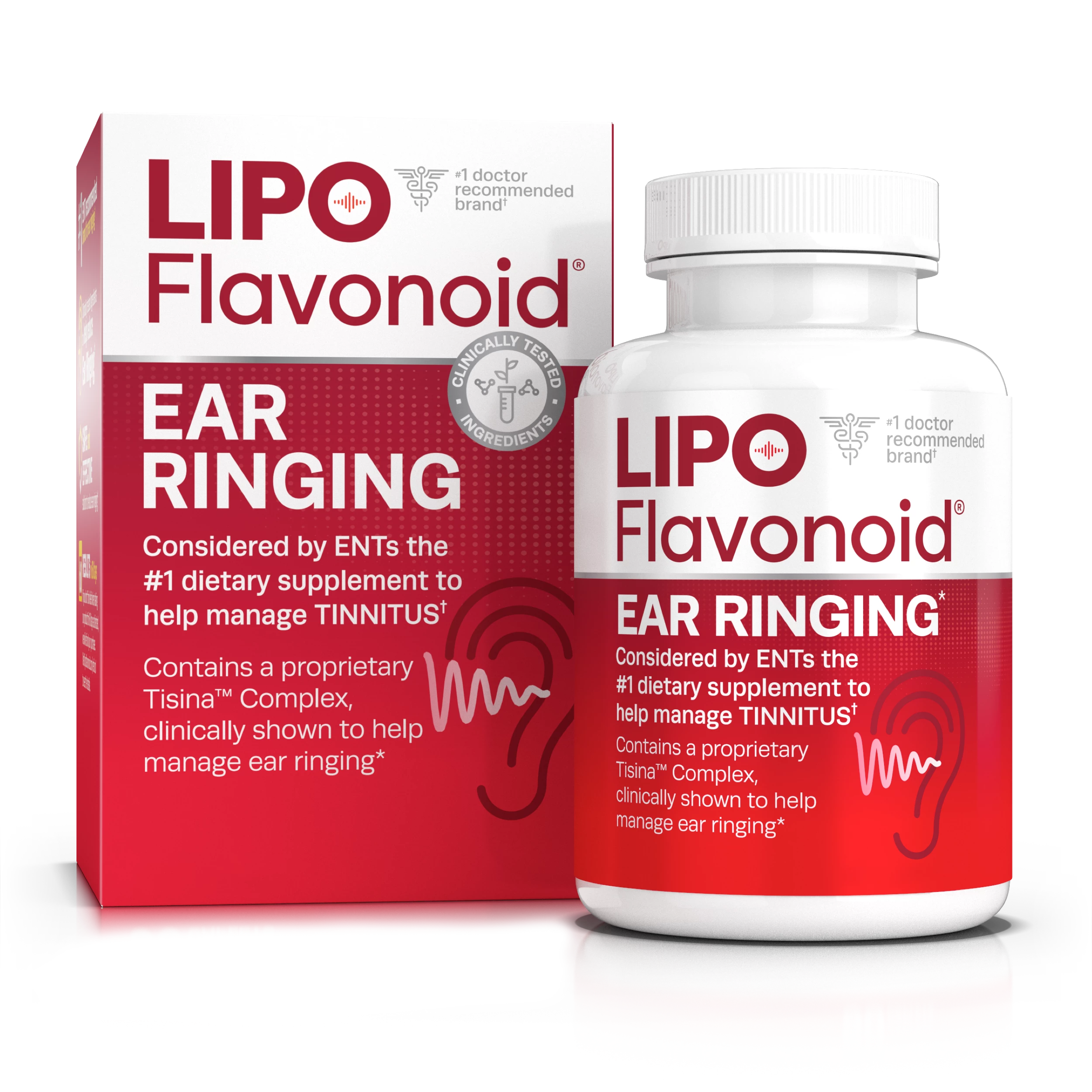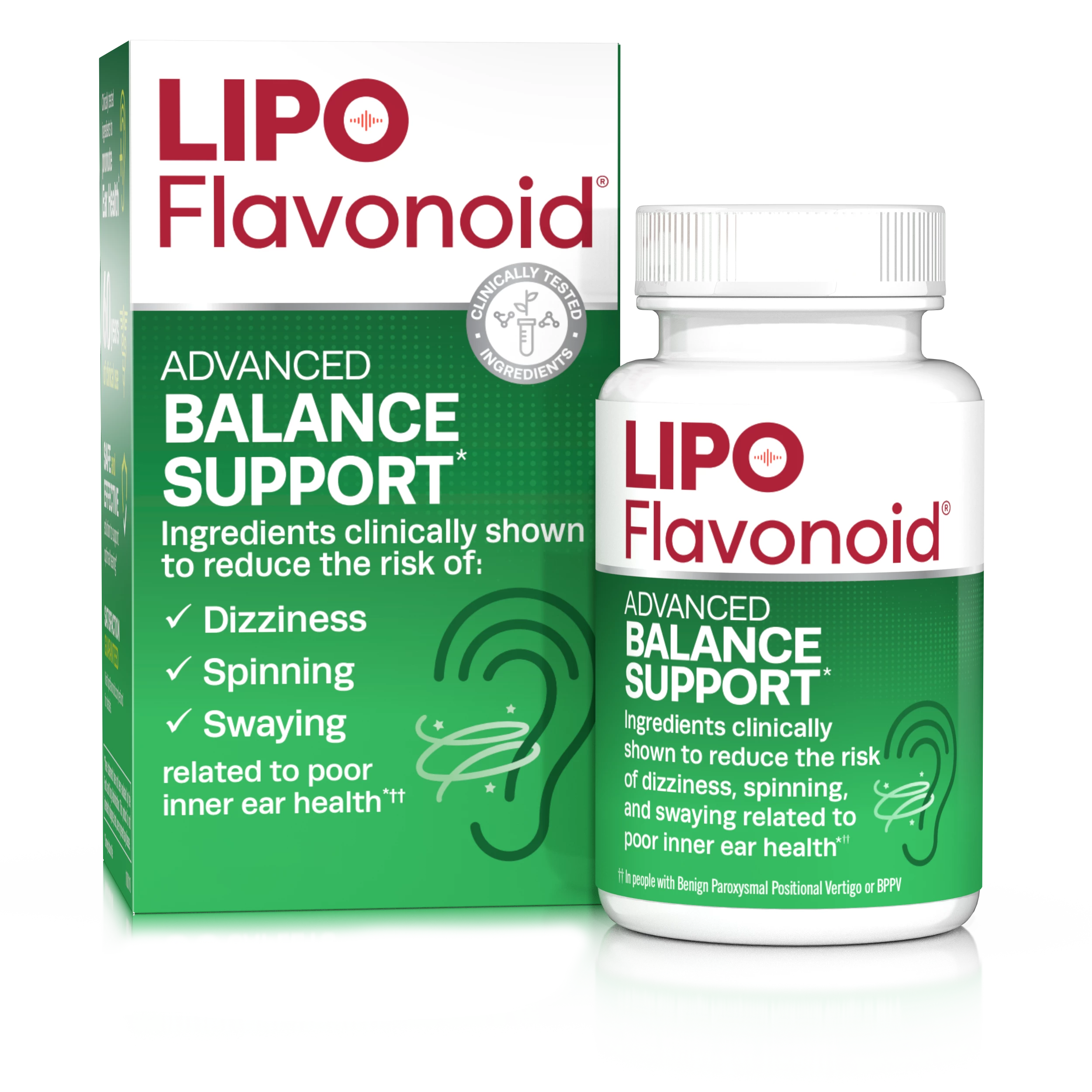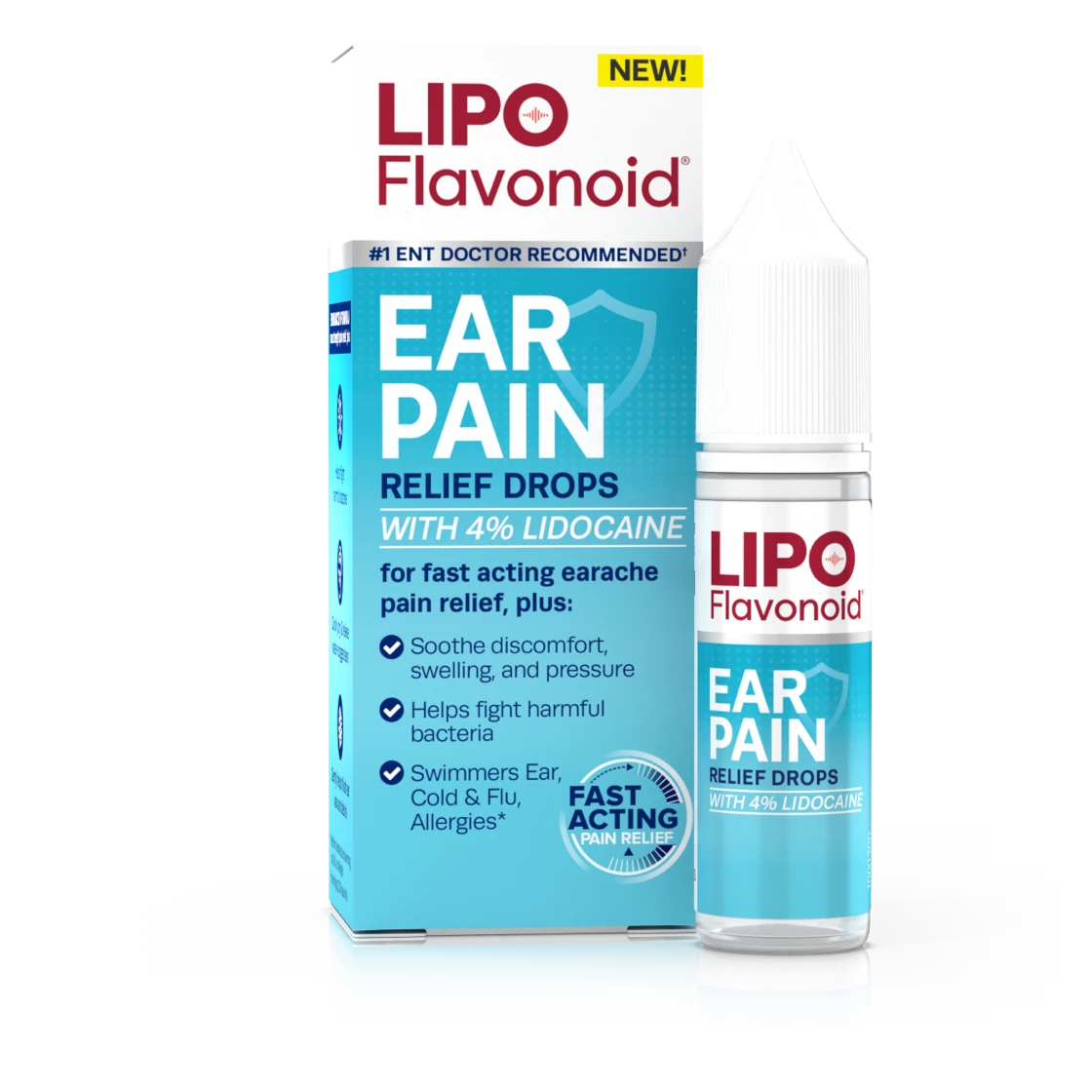Back to School, Back to Business, Back to… Ear Buds?
With summer vacation already feeling like a dream, families are settling back into their normal routines of school, work and extracurriculars. For many – young and old – this means hustling from one place to another with the joy of portable music, podcasts and video streams in the ears. Joy, that is, unless the volume gets cranked up and damage begins to occur.
According to the National Institutes of Health, loud noises can permanently damage hearing, trigger tinnitus, or bring on a combination of the two. The Centers for Disease Control and Prevention (CDC) reports that approximately 12.5% of children and teens aged 6–19 years (~5.2 million) and 17% of adults aged 20–69 years (~26 million) have permanent damage to their hearing from excessive exposure to noise.
As you move through your days trying to protect yourself and your loved ones from preventable medical issues (think helmets, sunscreen, and tooth-brushing etc.) we’d like to encourage you to add proper hearing protection to your lifestyle, too. At home, school, work, and play, there are steps you can take to help maintain ear wellness and functioning. Even if you or a loved one already has some hearing loss or tinnitus, protecting ears from further injury can help avoid symptom aggravation and help maintain current health.
- Recognize unsafe levels. Noise is measured in decibels (dBs). Prolonged exposure to noise levels 85 dBs or louder can damage the tiny sensory hair cells in the inner ear, causing gradual or cumulative noise-induced hearing loss. Greater than 1 minute of exposure to sounds 110 dBs or louder risks permanent ear damage. Keep in mind that a normal conversation is about 60 dBs, a motorcycle 100 dBs, smartphone earbuds at max volume 105 dBs, and a rock concert 110 dBs. There are decibel meters you can download for your device but a good rule of thumb is if you need to shout to be heard, things are too loud.
- Turn down the volume. Earbuds and headphones on electronic devices make listening to music, watching videos and playing games convenient but it’s crucial to be aware of volumes. Set the volume on devices to a level that still allows you to hear what’s going on around you. Or, follow the “60/60 Rule” by limiting the use of earbuds to 60 minutes at a time and at 60 percent of the maximum volume. Many devices also have volume-limiting controls so you can set safer volumes for yourself or for youngsters in the family. Experts remind us that children’s hearing is more easily damaged because their ear canals are smaller and sounds become louder as they develop in a smaller space.
- Move away from excessive noise. If you can’t turn down the volume, put some distance between you and the din to lessen its impact.
- Use ear protection. If you need to shout to be heard, it’s too loud and it’s time for ear protection. Plan ahead if you expect to be in a loud environment. If you use loud tools or vehicles, or if you are a DJ or musician, use earplugs, protective earmuffs, or custom-fitted ear molds.
- See a professional. Most of us get our eyes periodically tested, have semi-regular physical check-ups with our doctors, see the dentist for cleanings, and follow other recommended wellness guidelines, right? Please add hearing tests to your calendar. Recognizing hearing loss can help you to prevent further damage and will also enable you to better mitigate any affects hearing loss can have on your life.
- Consider a nutritional supplement to help manage tinnitus symptoms. According to a recent survey of 250 Ear, Nose and Throat physicians (Otolaryngologists or ENTs), 70% recommend over-the counter products and supplements to their tinnitus patients and 74% recommend Lipo-Flavonoid specifically.* Lipo-Flavonoid products combine lemon bioflavonoids with other essential nutrients to help support ear health. Clinical experience reported in medical journals indicates that patients can experience considerable benefit from lemon bioflavonoids without side effects.
Wishing you and yours a safe, sweet-sounding fall.
*April 2018 Survey. Clarion Brands Inc. data on file.


